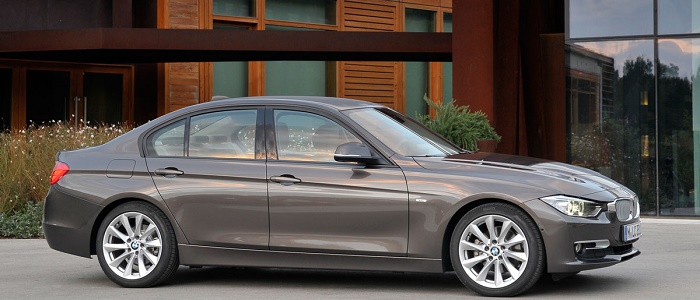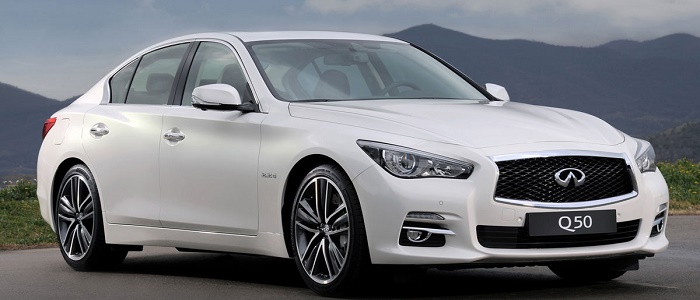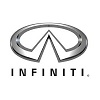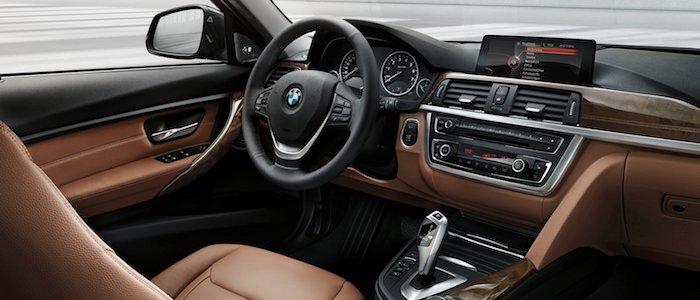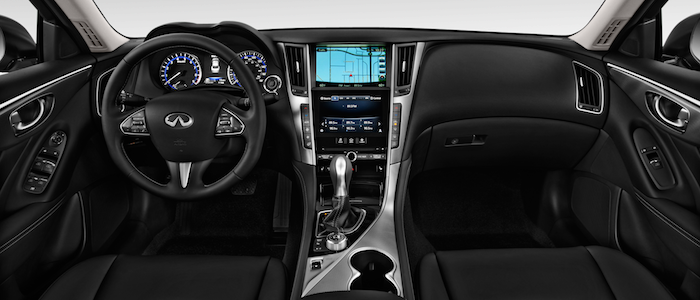Compare two cars
Compare any two cars and get our Virtual Adviser™ opinion
Dimensons & Outlines
Check a car with 30% off a report
Engine
2.1 OM651 DE22 LA
Performance (manual gearbox)
Performance (automatic gearbox)
Expenses
Virtual Adviser's™ opinion
Two significantly similar cars, no doubt about that. Still, each one has something different to offer. Having both cars powered by diesel engines and utilizing the 4-door sedan body style within the same 'Large family car' segment, the only major difference here really is their wheel drive configuration (4 x 4 for the BMW and rear in the case of the Infiniti). The first one has a BMW-engineered powertrain under the hood, a 4-cylinder, 16-valves 184hp unit, while the other one gets its power and torque from a 4-cylinder, 16-valves 170hp engine designed by Mercedes Benz.
SafetyThe first thing to look into here would be the results from European New Car Assessment Programme (Euro NCAP) tests performed on the two cars. Good thing is that both vehicles got tested, with the same number of safety stars gained in the process. That aside, let's consider some other aspects which affect safety. Both vehicles belong to the large family car segment, which is generally a good thing safety-wise, but it doesn't do much to help us decide between the two. On the other hand, if we'd like to consider vehicle mass in this context too, which we definitely should, the Japanese car offers a considerable difference of 11% more metal.
ReliabilityI don't like generalizing things when it comes to reliability, although it does seem that Infiniti does have a slight advantage, when all the models are taken into account. That's the official data, while our visitors describe reliability of BMW with an average rating of 4.1, and models under the Infiniti badge with 4.6 out of 5. Some independent research have also placed 3 Series as average reliability-wise, and Q50 is more or less at the same level.We should definitely mention that owners of cars with the same powertrain as the German car rank it on average as 3.8, while the one under the competitor's bonnet gets 4.6 out of 5.
Performance & Fuel economyBMW is undoubtly more agile, reaching 100km/h in 1.2 seconds less than its competitor. In addition to that it accelerates all the way to 233 kilometers per hour, 2km/h more than the other car. When it comes to fuel economy things look pretty much the same for both cars, averaging around 4.6 liters of fuel per 100 kilometers (61 mpg), in combined cycle.
Verdict
Infiniti appears just a bit more reliable, although the difference is truly marginal. The most important thing when deciding between any two vehicles should always be safety, both passive and active. In my opinion, everything taken into account, the Japanese car offers significantly better overall protection, taking the lead here. From there things take a different direction, with BMW outracing its opponent in any situation possible, making it better choice for boy racers. It does come at a cost though, and that's the fuel consumption... No mistake, whatever you decide here, but I'd still go for the Infiniti. In any case that's my personal view, built upon all the data available to me. What should decide here though is the way you feel about the two vehicles, and I hope you'll find my guidelines useful in the process. I suggest you spend two more minutes in order to find out which car, based on your needs and budget, would be picked by the virtual adviser™, among more than 12.000 different ones in our database.
Related articles
Searching for a high quality used car can be hard. Whether you have recently gotten your license and are looking for your first car, or you just want to downgrade to a cheaper model, a used car could be just the thing you are looking for. But how do you know what to buy...























